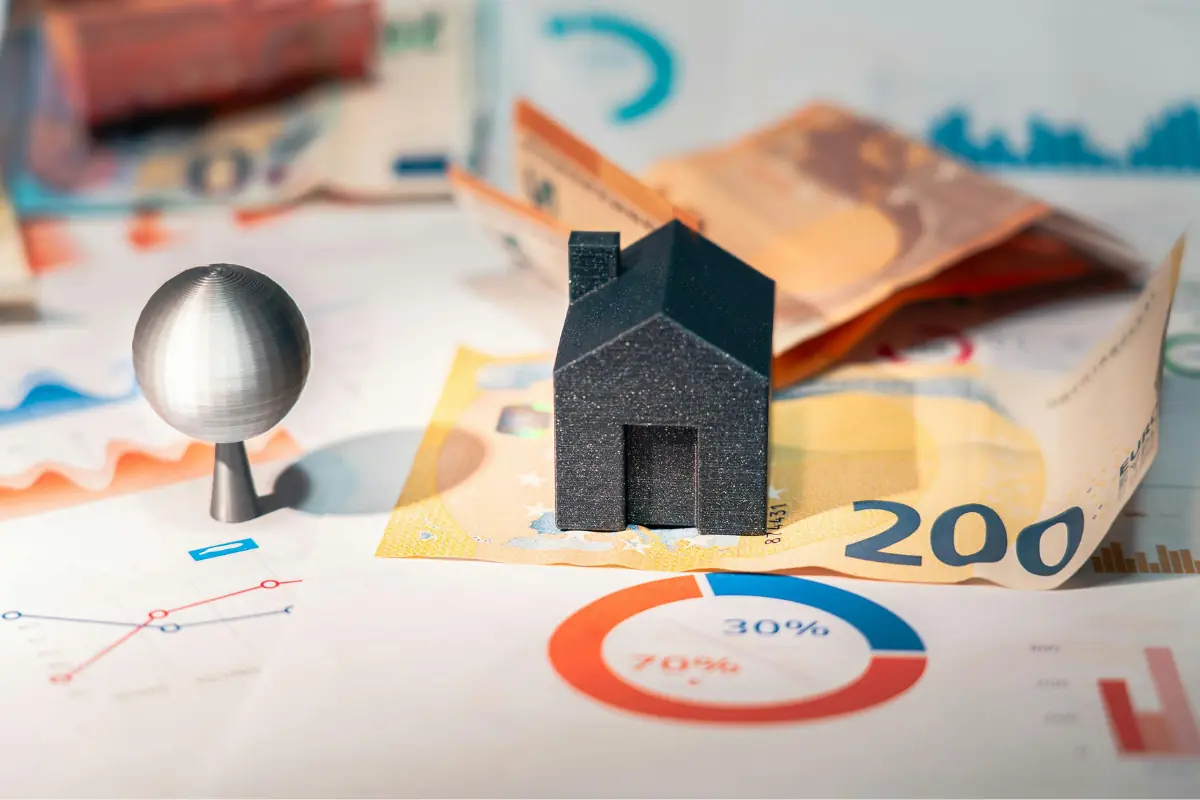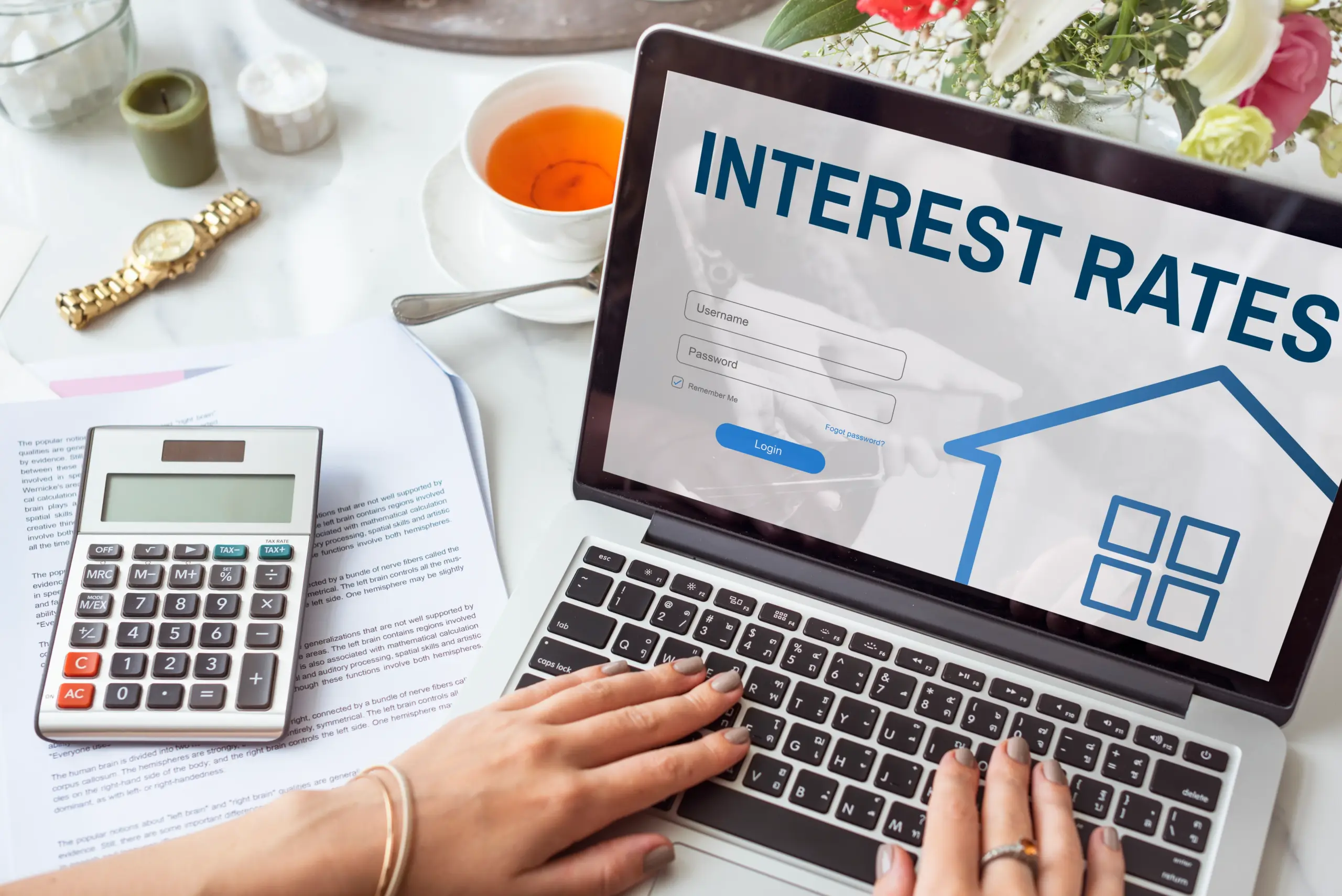Where do I begin when looking to purchase a home? This is the most common comment I hear when I receive calls inquiring about wanting to purchase a home. Whether you are a first time home buyer or someone who has purchased previously but it’s been over 2-3 years since you last purchased, this seems to be a common feeling. Purchasing a home can feel very daunting, scary and overwhelming, as it should be. It is one of the largest purchases you will make in your lifetime and should not be taken lightly.
I want to help by noting the main areas I talk to potential clients about when starting the process. These are the key areas of where to start and I hope it helps guide you in the right direction if you are looking to purchase a home and don’t know where to begin.
First, you need to know your credit score (FICO), I’ve written about this previously, it is really important, your credit score reflects your credit worthiness. You need to know if your report is accurate. Review your balances on your credit cards, are they high (close to limit or maxed)? Do you have any late payments? If you know you have credit issues then those need to be addressed. You may have heard that medical collections don’t need to be paid. Main thing is if you have collections of over $2000 they will be required to be paid (always contact a lender if unsure what is acceptable). If your credit score is low you will want to remove collections because they will negatively reflect and affect your FICO score. Make sure to get letters from the collection agency when you satisfy the collection. If you have judgements, they will need to be paid and released. You will need to get the release of judgement from the county in which the judgment was placed (you have to pay for a copy of the release). You are unable to qualify for a mortgage if you have unsettled judgments, no exception. Last item to be aware of on your credit is keeping your credit card balances no higher than 30% of your max available credit limit. If they are higher they will report negatively. Also make note that all your credit liabilities (credit cards, student loans, car loans, etc) on your credit report is what is used to figure your debt-to-income ratios. You want good revolving credit that can help outweigh the negative as well as keeping your monthly expenses in line with your income.
Second, you need to have some money in the bank. Whether you are looking for down payment assistance (DPA) or have gift funds to assist you with a home purchase, you still need to have some assets. DPA does not assist with the closing costs, earnest money (which will get applied towards your closing costs), appraisal fee and inspection. These funds need to be readily available when getting ready to purchase. Besides even if you were able to have minimal costs to purchase, would you really want to go into homeownership with no money in the bank? What if your water heater breaks the first month and you have no money in the bank and credit cards are maxed out? What would you do? It is always advisable to have some reserves.
Last but not least, look for a lender. Don’t contact a realtor until you have spoken to a lender in order to know if you are pre-approved and for what purchase price. Make a list of what you need, even if you are unsure of exactly what you need and looking for, a good lender will help guide and educate you. Remember no question is considered “stupid”. If you know you need down payment assistance, make that known right away. If you have had a bankruptcy or foreclosure, make sure to be upfront even if it has been longer than 4 years ago. Have an idea of what you can afford monthly for a mortgage payment. If you don’t know where to begin, no worries, a good lender will guide you!
If you have any questions and/or feel you are ready to get started, give us a call.










